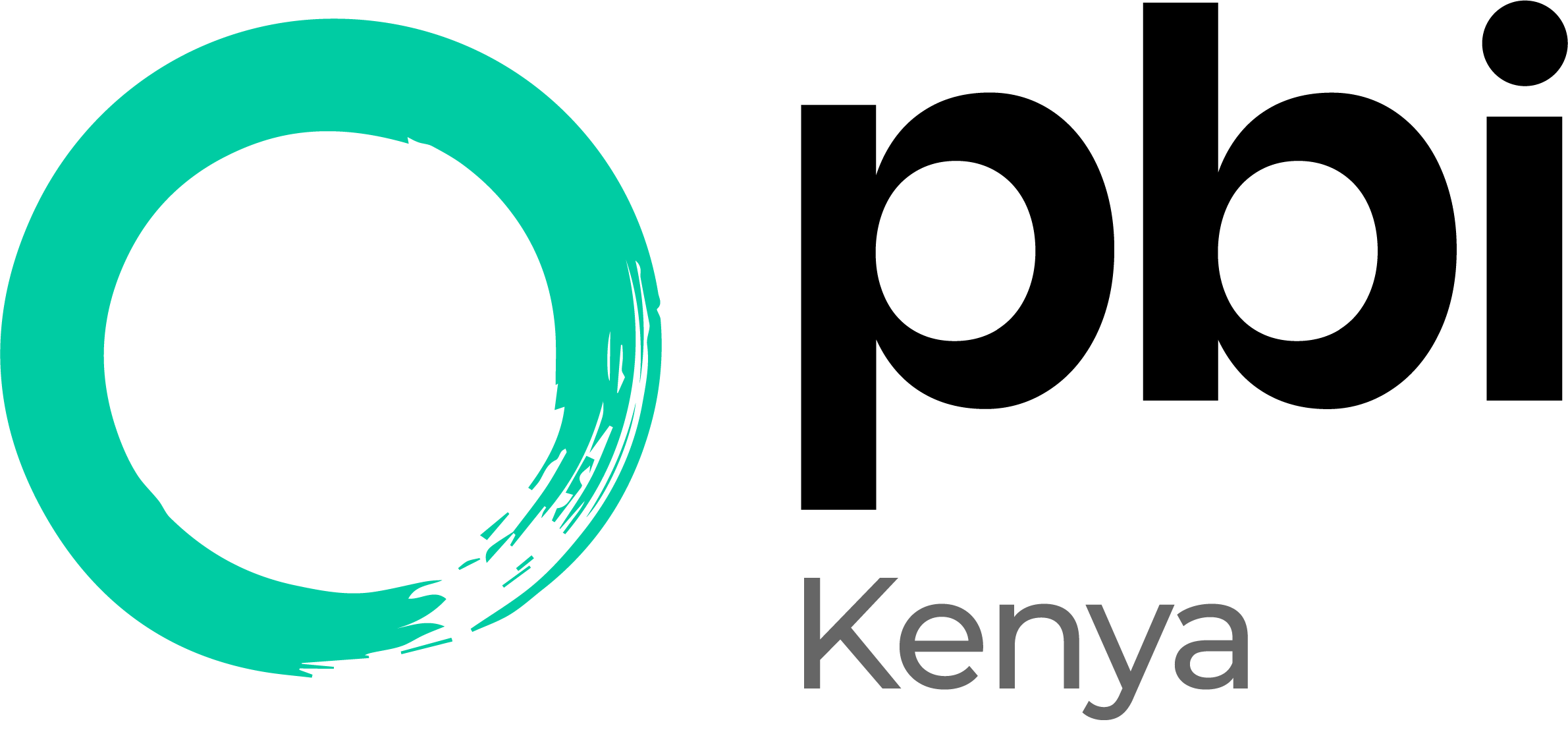I was born in Kisii in south-western Kenya, but I grew up in Mukuru, one of the biggest slums in Nairobi. I am an only child and my mother passed away before I reached the age of 10.
We face many challenges here. Life is more expensive than it used to be. The road conditions are bad, which makes it difficult for people to walk in the street during rainy season. A lot of children do not have the possibility to go to school. There are few work opportunities for those who manage to finish their secondary education. Moreover, sexual violence makes it difficult for people, especially women, to walk around this area.
I have struggled to find work since I finished high school. I have done a lot of interviews, but it happens that you have to pay a bribe to get a job. This is why I decided to have a small business of my own and become a first aid volunteer for my community.
Being involved in community work has enabled me to participate in trainings and has increased my knowledge and skills to help others. With my fellow volunteer colleagues at St John’s Ambulance, we teach people about gender-based violence. We organise forums where we mobilize the members of the community and make them aware of their rights. We empower people by advising and encouraging them to be active in doing good. We might not be able to provide financial support, but we offer knowledge.
What I find the most challenging about being a volunteer woman human rights defender (WHRD) is that I am not always taken seriously. Some people believe that we are not honest with them, because we are not getting paid. Most of the time, I use my own money to follow up on a case, even if it means I have to skip breakfast or lunch. I also prefer working during day time, because I fear that bad things could happen to me at night. Human rights activists receive threats to stop following up on a case. These threats can come from people who have been bribed by the perpetrator. Despite these challenges, I stand firmly.
I was very happy when I heard about the Toolkit for WHRDs. When women want to become leaders, they are often told by men that they cannot. We are told that we have to follow the traditions. But I say no, we should speak out! What I hope to achieve as a Toolkit Organiser is to increase my knowledge and skills and to know how to better handle specific cases.
In Mukuru, many people know me and tell me I am a hardworking woman. I also get support from my family, especially from my daughter who tells me how proud she is of me. This makes me feel good about myself.”
Jackline Kwamboka
